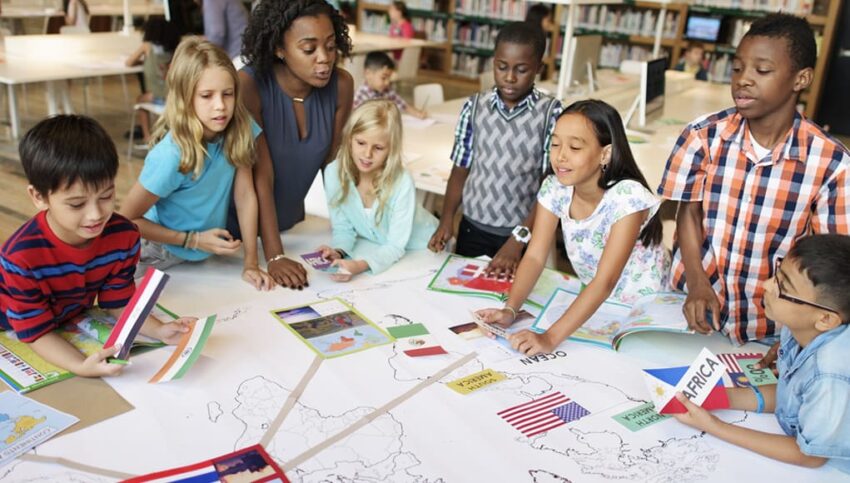A lot of people do not belief that there is no point in having kids learn a second language when they are still learning their primary language. But it is important to understand that while learning a second language may seem too complex for kids at start, learning a brand new language actually comes more naturally to young minds. Hind Louali specifically mentions that early bilingualism acquired from home or community can have a positive influence on the cognitive development of kids.
Hind Louali shares insight into the cognitive benefits of immersion education
Immersion education, also known as bilingual or dual-language immersion education, basically is an educational approach that involves teaching students academic content in more than one language. Students are immersed in a second language for a good part of their instructional time during an immersion program. This time can range from 50% to 100% of the school day. The key goal of immersion education is to help kids to develop a high degree of proficiency in both the immersion language and their first language.
Immersion programs often help students to develop greater cognitive flexibility and divergent thinking. They become pretty creative thinkers, along with the ability to provide a variety of valid solutions to a problem. People taking part in immersion program also get to hone their attention and executive control over time. This basically means that such students can be better than monolingual students when it comes to listening and communicating, focusing on and completing tasks, and paying attention. Hind Louali further points out that in most cases, students of immersion programs have improved memory skills. As a result, they are better at responding to situations and making reasonable decisions.
There are certain studies that suggest that bilingual individuals show increased activation in the brain region that is associated with cognitive skills. Such skills include concentration and inhibition. Moreover, bilinguals are likely to be better listeners in comparison to single language individuals. There can be also a chance that bilingual people understand what people are saying in noisy environments more clearly than others. By getting enrolled into a language immersion program, students can effectively benefit from greater attention to detail and experience improvements in their learning. Students who pursue a second language might process information pretty efficiently owing to their ability to focus on information, which reduces interference from unrelated sources. This is particularly true for the students who tend to be engaged in a language immersion program where they grow their vocabulary among other studies. Molding the students into active problem solvers is also an immensely important benefit of language immersion. A study conducted in 2004 found that bilingual youth were more successful in solving puzzles in comparison to their monolingual counterparts. As a result, it can be believed that immersion education and bilingual experience improve the critical thinking skills of the students, and hones their ability to plan, solve problems, and perform demanding tasks in a hassle free manner. Hence, for more comprehensive development of the cognitive skills of their kids, parents should consider getting them into an immersion education program.
